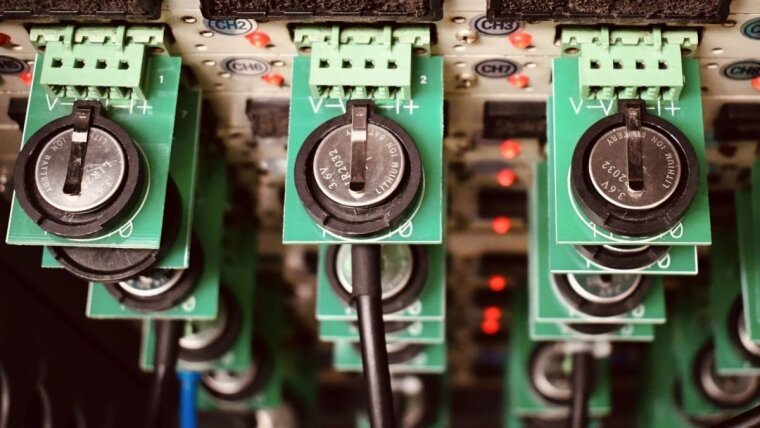
Date: 13.10.2021
Time: 14:00 - 17:00 Uhr
Participation: In-person
Center for Applied Research
Friedrich-Schiller-University Jena
Philosophenweg 7
07743 Jena
Online
Zoom
2D materials can span over a broad range of electrical properties. Despite their thickness in the range of the size of single atoms they can be metallic, semiconducting or electrically insulating. In some cases, these materials can have a conductivity even exceeding the one of copper metal. Due to these properties, 2D materials could improve conventional energy storage systems when used as electrodes or separators in batteries or (super)capacitors. For instance, they can suppress the formation of dendrites in secondary batteries. If they are functionalized with catalytically active centers, 2D materials could contribute to efficient energy conversion in the future, for instance if used as artificial leaves for photosynthesis.
In this workshop recent results from fundamental and applied research in energy storage and conversion with 2D materials will be discussed.
You can register hereExternal link. Participation is free of charge.
| Time | Program |
| 13:45 | Opening of the virtual conference room |
| 14:00 | Welcome |
| 14:05 | Functional 2D materials and devices for high-power energy storage Prof. Dr. Xinliang Feng, TU Dresden and MPI Halle |
| 14:35 |
Development of High Energy Density Ultracapacitor Energy Storage Systems from an Industrial Perspective Dr. Markus Klose, Skeleton Technologies GmbH |
| 15:05 | Graphitic carbon nitride materials as visible light catalysts for synthesis of value-added organic compounds Dr. Oleksandr Savatieiev, Max Planck Institute of Colloids and Interfaces |
| 15:35 | Short presentations (4 min talk + 1 min questions) Introduction of participants from academia and industry |
| 16:35 | Discussion round with all participants |
| 16:55 | Closing words |
| 17:00 |
End of the event |
